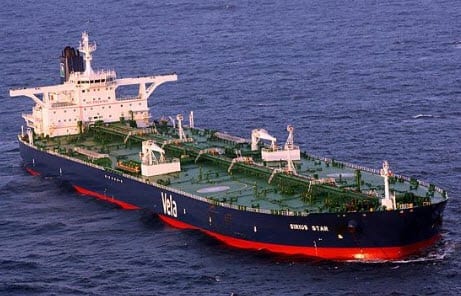Tehran has discovered a number of ways to work around the embargo.
Tehran has now developed several different ways to reduce the impact of the Iran oil insurance embargo on tankers shipping crude from that country.
The Middle Eastern nation has been working hard to decrease the impact of the E.U. sanctions.
The European Union, as well as the United States, have made several efforts in order to significantly limit the ability for crude to be exported, by holding an embargo on the shipments as well as banning Iran oil insurance on tankers that would ship it. This has been done in an attempt to place tremendous pressure on Tehran in order to cause it to cease its controversial nuclear program.
The Iran oil insurance ban was put into place as of July 1, along with a total embargo of its crude.
The bloc of 27 members is prohibiting both insurers and reinsurers within their nations – who currently have control over approximately 90 percent of the marine coverage worldwide – from offering policies to any tanker that would transport Iranian crude. This has caused the non-European customers purchasing Iranian crude – especially in Asia, which purchases approximately 70 percent of all of the exports – to have to look for new ways to keep up the shipments upon which they are depending.
The International Energy Agency has estimated that the Iranian oil insurance sanctions will decrease exports by 40 percent.
Japan has recently passed legislation that has allowed the government to provide alternative coverage of up to $7.6 billion for what would usually be provided by European insurers for ships carrying crude from Iranian ports.
However, other Asian countries have not taken this same path. India and China, for example, have required Tehran to come up with its own substitutes. As two primary buyers from the country, they have the power to force this action and have now accepted an offer from Iranian suppliers to ship the crude using its own tankers and its own coverage. South Korea has neither joined nor ruled out joining this offer following its suspension of imports at the start of the month.

